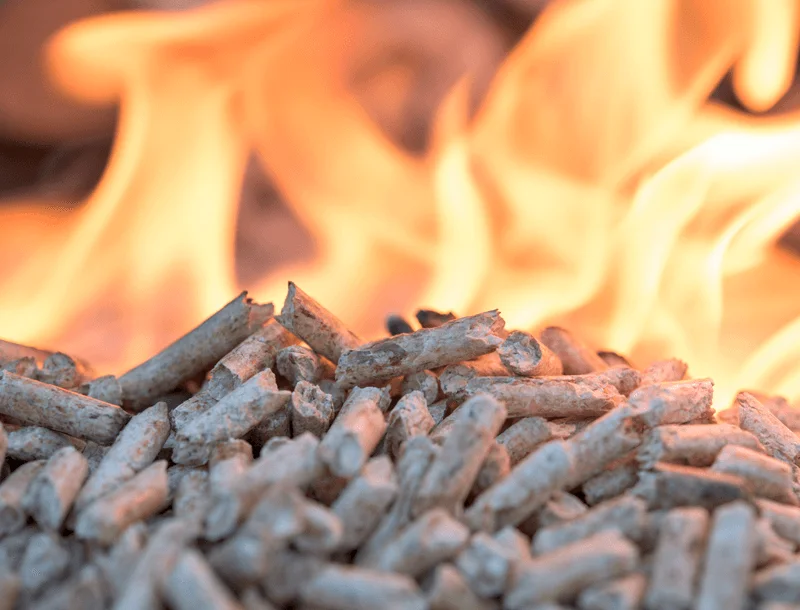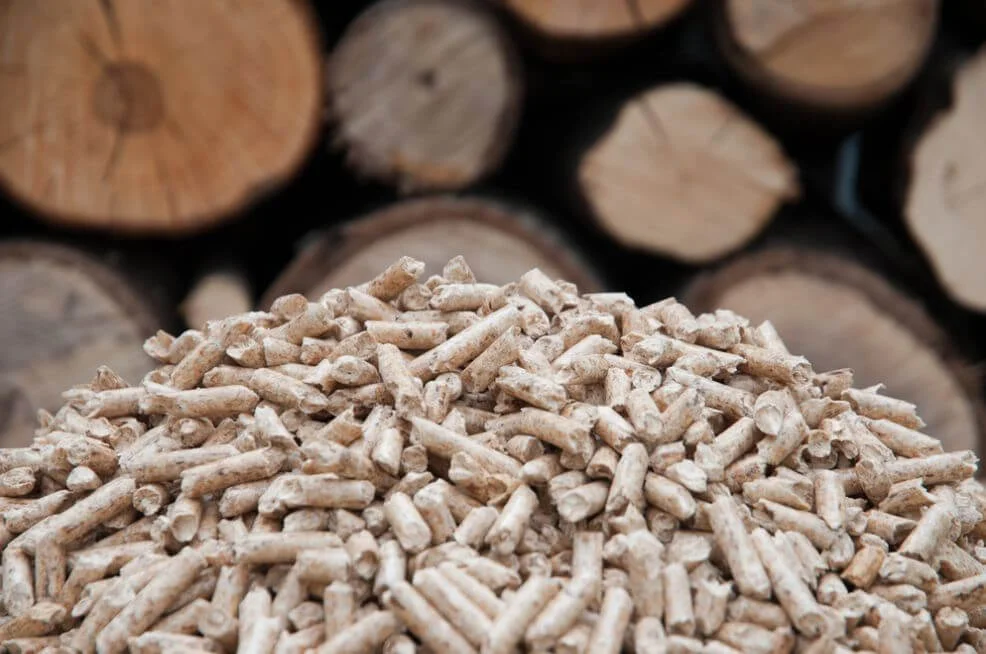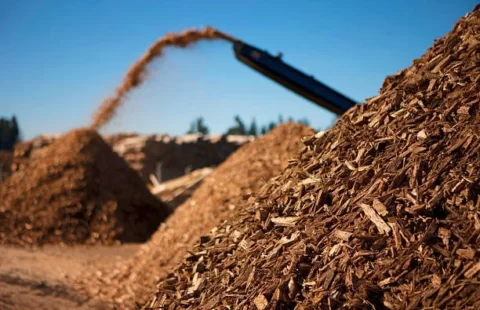
Unlocking the Potential: Biomass Pellets and Briquettes
Introduction: Biomass pellets and briquettes are eco-friendly alternatives to traditional fossil fuels. These compressed forms of organic materials have gained popularity as sustainable energy sources due to their efficiency and environmental benefits. This information blog explores the key aspects of biomass pellets and briquettes.
-
What Are Biomass Pellets and Briquettes?
- Biomass pellets are small, cylindrical pellets made from compressed organic materials such as wood, agricultural residues, or even industrial waste.
- Biomass briquettes, on the other hand, are larger, block-shaped solid fuels created through the compression of similar organic materials.
-
Sustainability and Environmental Benefits:
- Biomass fuels are renewable resources, as the raw materials can be replenished through responsible forestry and agriculture practices.
- Using biomass pellets and briquettes reduces greenhouse gas emissions compared to fossil fuels, contributing to a cleaner environment.
-
Energy Efficiency:
- Biomass pellets and briquettes have a high energy density, making them efficient for energy production.
- They can be used in various heating systems, including stoves, boilers, and industrial furnaces.
-
Versatility and Applications:
- Biomass fuels are versatile and can be used for residential heating, electricity generation, and even as a substitute for coal in some industrial processes.
- They are particularly popular in regions with abundant biomass resources.
-
Production Process:
- Creating biomass pellets and briquettes involves grinding, drying, and compressing raw biomass materials into the desired shape.
- The process may vary depending on the type of feedstock used.
-
Challenges and Considerations:
- Storage and handling of biomass fuels require attention to moisture content and proper storage facilities to maintain quality.
- Availability of biomass feedstock can be subject to seasonal variations and regional factors.
-
Economic Viability:
- Biomass pellets and briquettes can be cost-effective, especially when produced locally and used in place of expensive imported fossil fuels.
- Government incentives and subsidies may also encourage their adoption.
-
Future Trends:
- Research and development continue to improve the efficiency and sustainability of biomass fuel production.
- Co-firing biomass with coal and integrating advanced technologies are promising developments.

Conclusion: Biomass pellets and briquettes offer a sustainable and eco-friendly solution for energy needs, contributing to a greener and more environmentally responsible future. Their versatility, efficiency, and lower environmental impact make them valuable components in the transition to cleaner energy sources.


